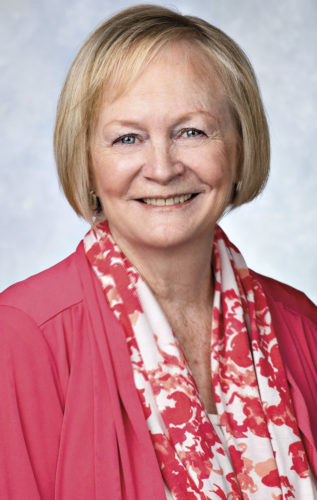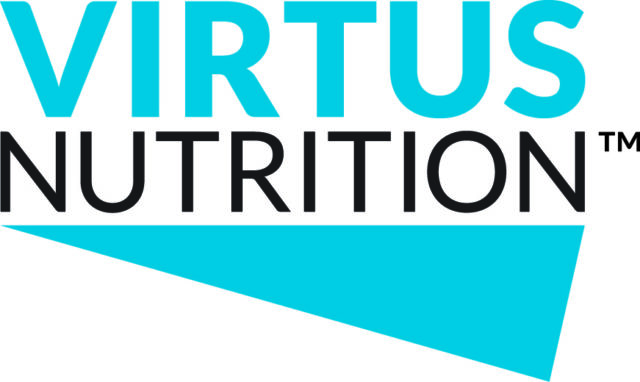Sometimes, however, there’s an innovation or idea within the industry I think will benefit producers who read about it – or at least interest you. These are likely unique, one-off kinds of things. I’ve included such stories in this issue, but encompassed in each of these “front” stories is some of the backstory.
Everybody has a front story; however, it’s really the backstory that matters. We could talk about the front stories (or “whats”) all day long – products, inventions, processes, etc. – but it’s the backstories (or “whys”) that drive us, that shape our lives.
One example is the story of the woman I met on an airplane whose career was to work with state education departments, and her husband’s business was construction – a pretty “cut and dried” front story.
Their careers, however, were shaped around their backstories: Their son, who has a young family, developed a genetic liver disease and is on a transplant list. His capability for work is sporadic, and pain control is difficult, yet he needs to (and wants to) work as much as he can. Both parents’ careers are shaped around making that happen. They’ve made decisions about their careers and business models to accommodate his needs.
Another example involves a gentleman who made hay (and has for decades) and brought his sons into the business and helped them develop side-business interests of their own. But a lot of customers and neighbors still call him “coach” due to the many years he spent coaching boys’ basketball at the local high school. His front story is making hay; his backstory is developing character, helping boys become men.
I hear lots of backstories I can’t include in any article but wish I could – the stories that are never told. I guess front stories are maybe what we think of as the “successes.” But the “whys,” or backstories, are the struggles and motivations behind those successes.
I went to the Ozark Fall Farmfest in Springfield, Missouri, a few weeks ago and took along my 14-year-old grandson. He’d never flown before, or seen that part of the country, and I thought it might enrich his life’s education. Trying to identify roadkill in that part of the country I knew would at least be entertaining.
Each day, after working the booth at the show, we drove around to “see what we could see.” That’s the front story.
At the end of the trip, he asked me to stop at a store so he could buy “something fun” to take home to his brothers. I said, “You’re a really good kid, you know that?” Then I asked, “Why is that? Do you remember a time when you just ‘decided’ to be good?” He then told me about a time in fifth grade when he and most of the boys went to play football during recess.
He said he didn’t like the way the boys treated each other and the way they handled themselves. He said he remembered thinking this wasn’t the way he wanted to be or act, so he decided to leave the activity and find different friends. That’s the backstory. And the backstory is what matters.
It may be my professional duty to pry and find those front stories, but I’m personally thankful for the backstories. ![]()

-
Lynn Jaynes
- Editor
- Progressive Dairyman
- Email Lynn Jaynes











